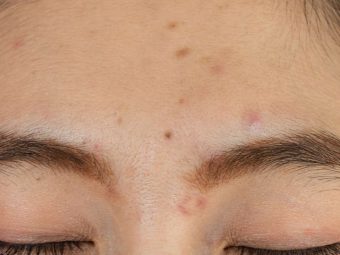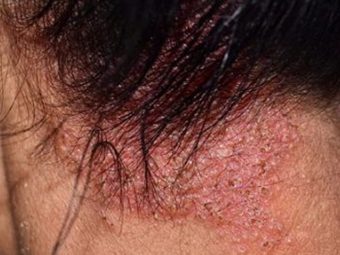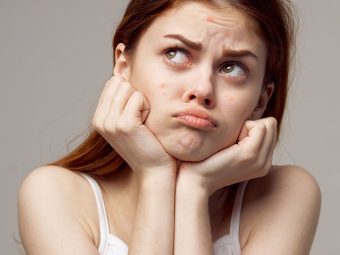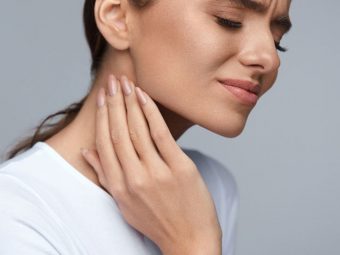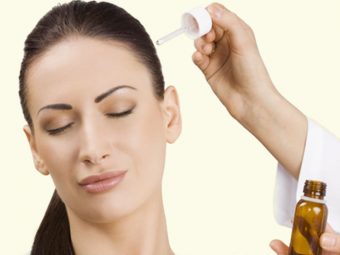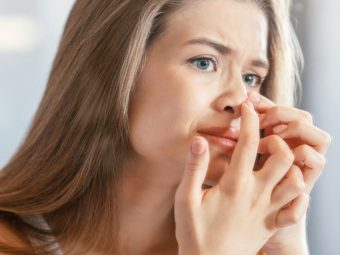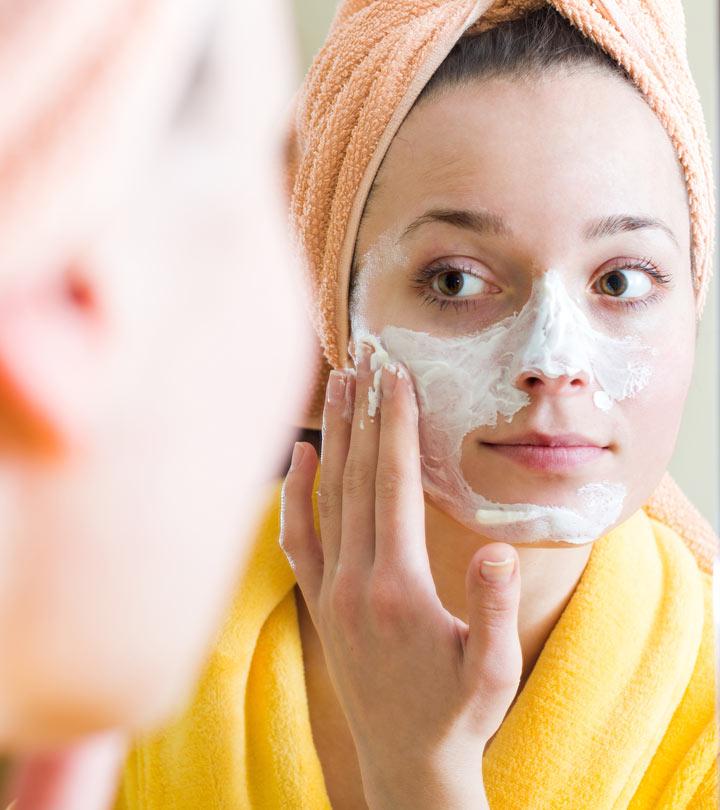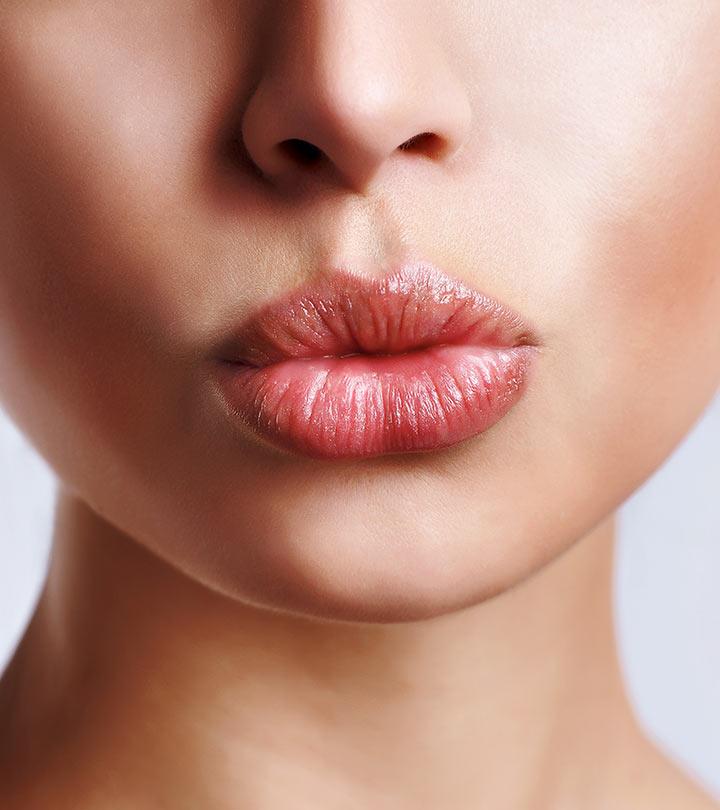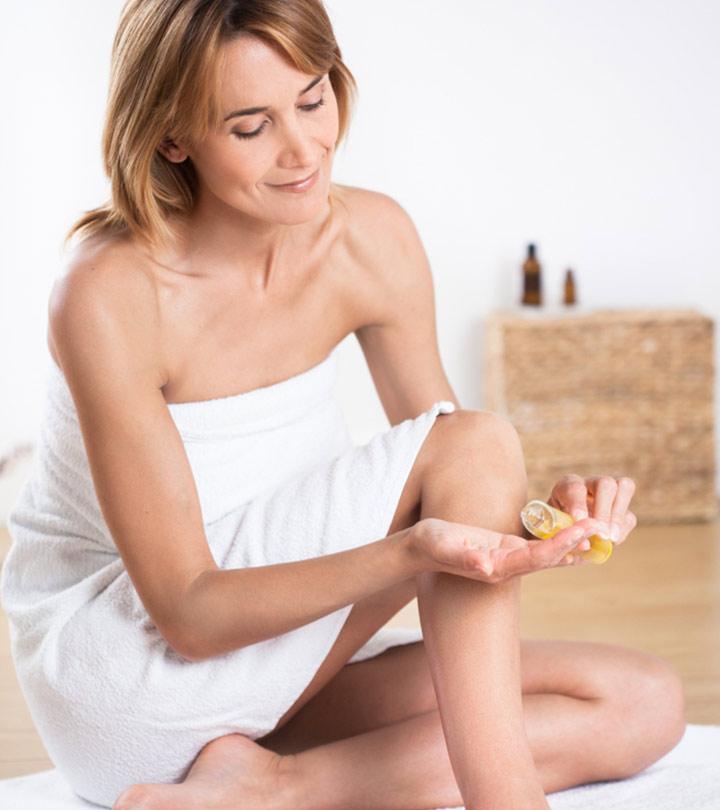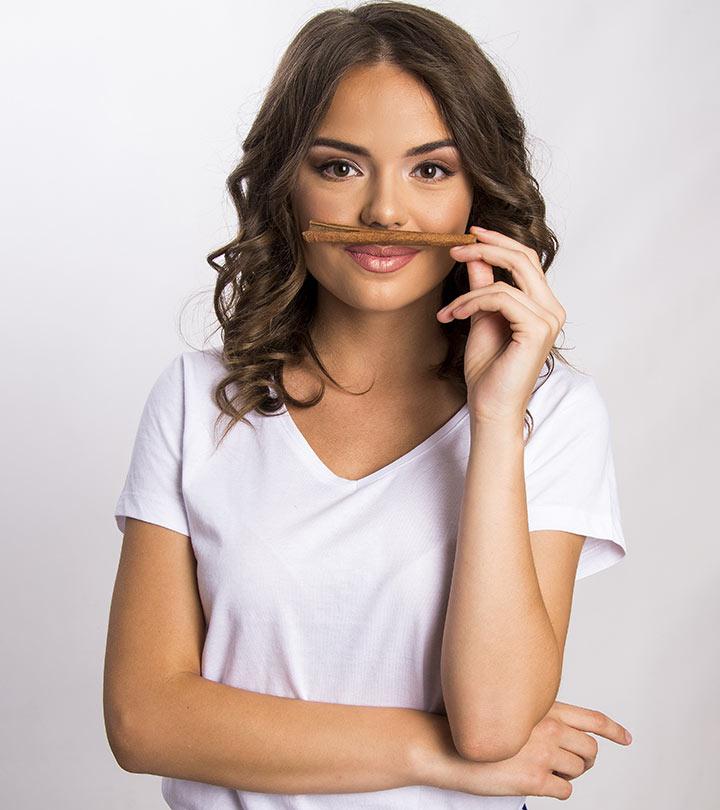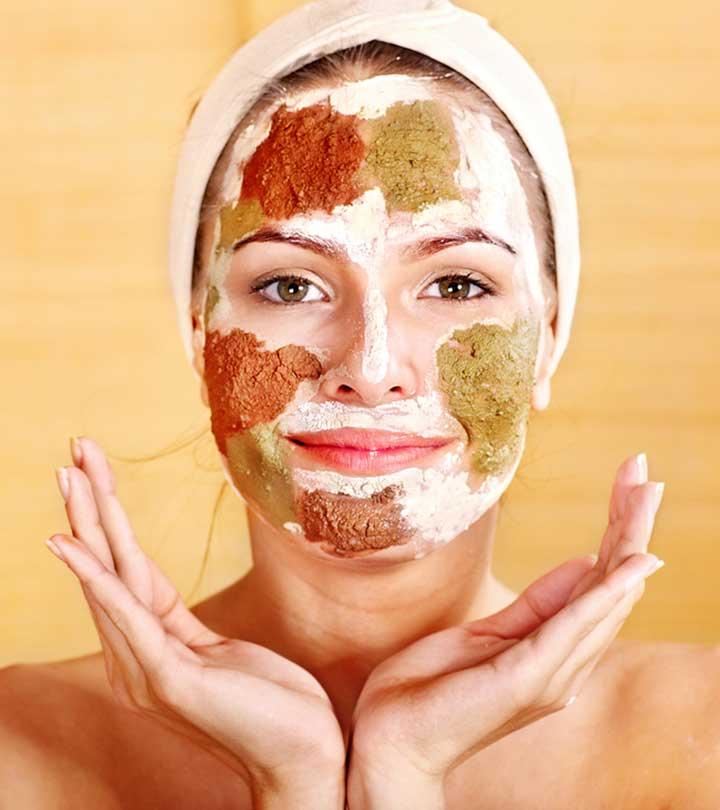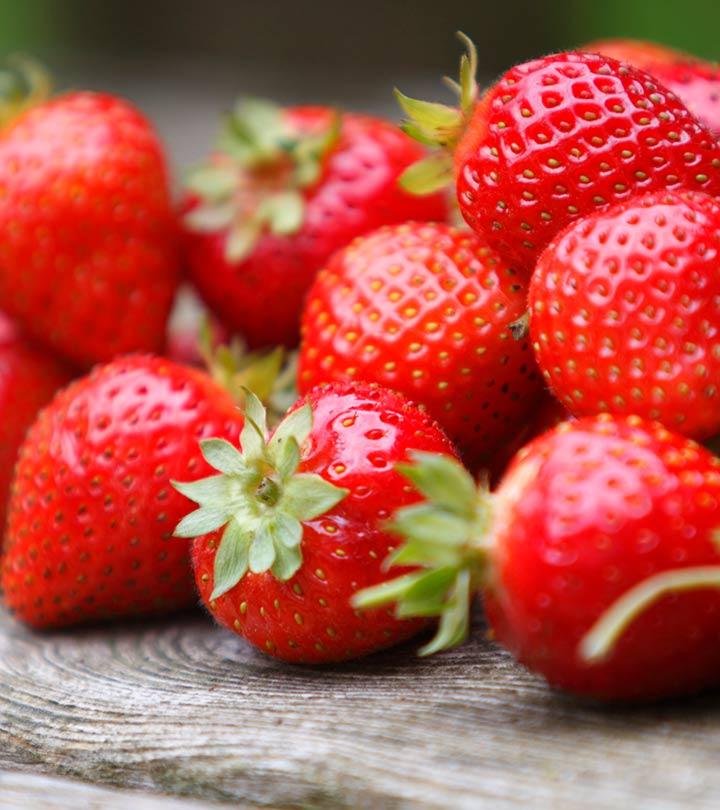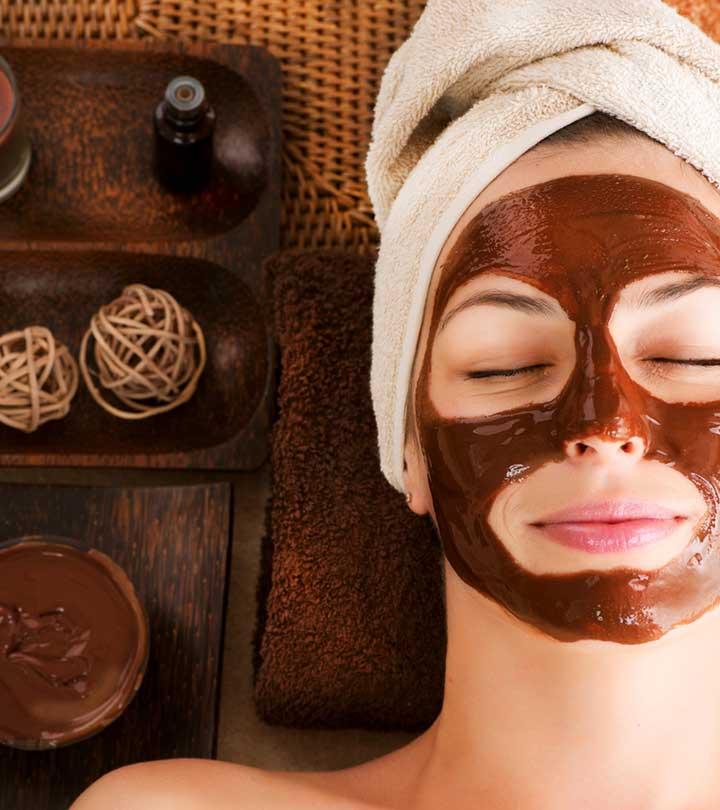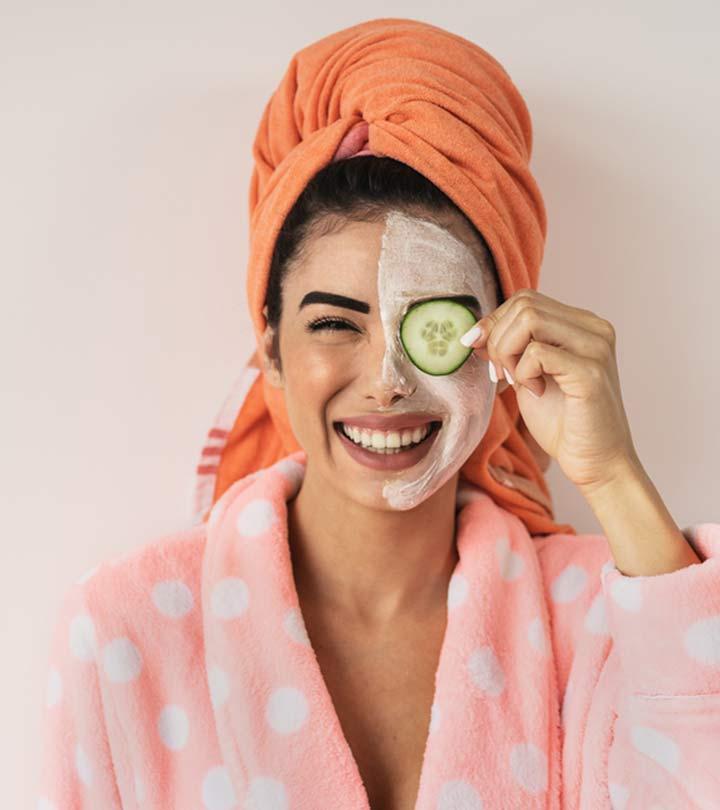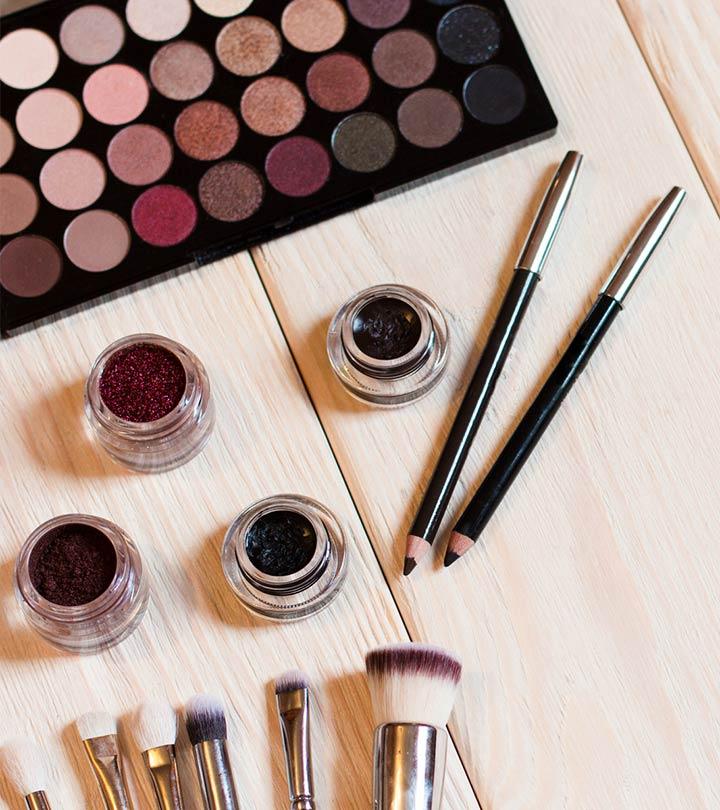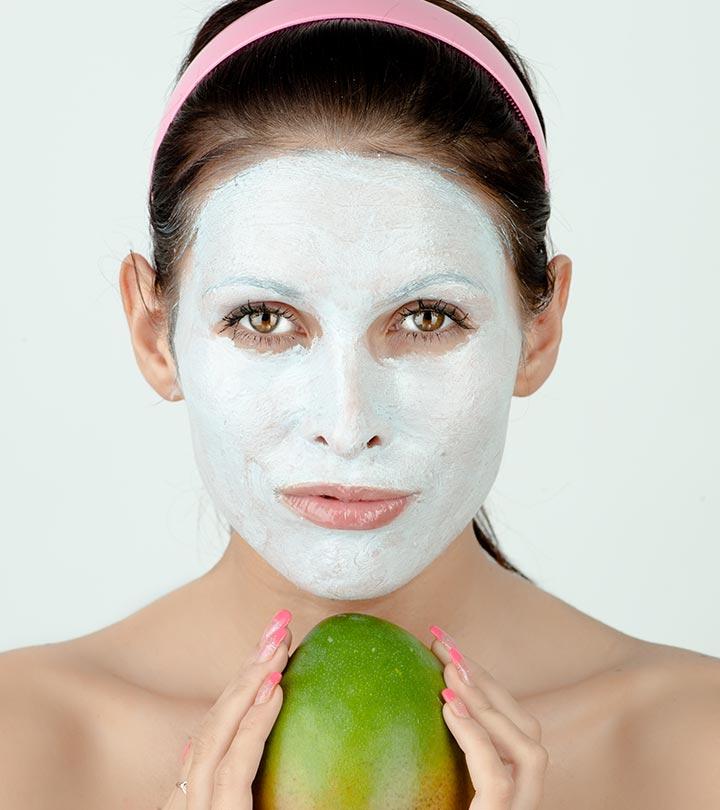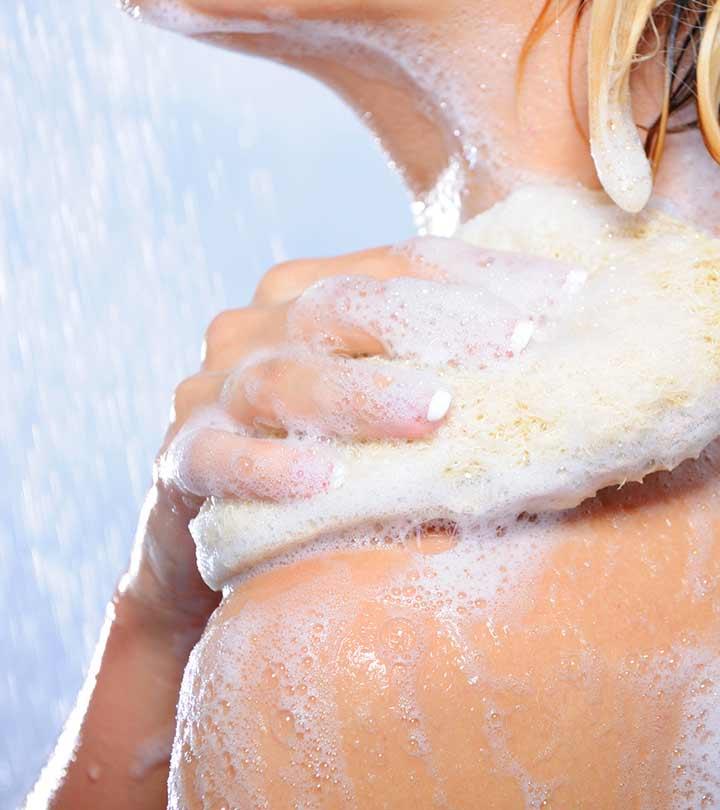Pimples On The Scalp: Causes, Treatment, And Prevention
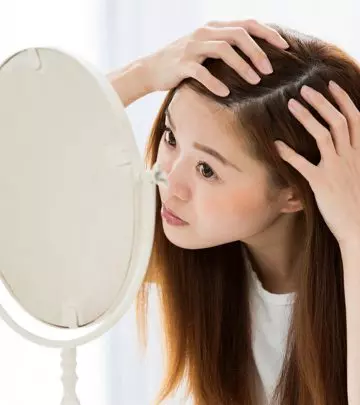
Image: Shutterstock
Problems on your scalp could be quite uncomfortable. From dandruff to an itchy scalp, you have to battle with falling and breaking hair along with rough, frizzy hair texture â all at once. As if this were not enough, most of us are often tormented with scalp pimples.
If you have ever had a pimple outbreak on your scalp, you would know the pain. Regular hair styling activities like brushing and shampooing can become difficult, and you could even have difficulty sleeping at night.
Finding a scalp acne treatment is vital to avoid these problems. Here, we elaborately discuss scalp acne and the ways you may treat and prevent the condition. Keep reading.
In This Article
What Causes Acne On The Scalp?
In its basic form, acne can result when the scalp pores get clogged with external substances such as dirt, oil, and bacteria. There are numerous ways in which scalp pimples can occur.
The blockage of such clogged pores can lead to skin inflammation and invite bacteria to feed upon it. The pimples on the scalp are most likely to result from the scalpâs excess oil secretion. You may also experience folliculitis, a condition that can result from bacteria, fungi, and viruses accumulating on the hair follicles (1).
Some of the bacteria and fungi that may aggravate scalp acne include (1):
- Staphylococcus Aureus
- Pseudomonas
- Molluscum Contagiosum
- Propionibacterium Acnes
Other habits may further worsen scalp acne. These include:
- Lack of proper hair maintenance; irregular cleaning even when the scalp is unclean
- Using hair products with too many oils
- Ignoring signs of mild and moderate acne and leaving them untreated
Scalp acne can occur in various types. Identifying the specific type of scalp acne you could be dealing with can better help with treatment.
Types Of Scalp Acne
Similar to a pimple on the face or body, scalp pimples can manifest in the form of (1):
- Blackheads
- Whiteheads
- Papules and pustules
- Nodules and cysts
As the severity of these acne types increases, you may also come to notice the formation of crusts over them. Some of these pimples can leave behind a scar and prevent the growth of hair out of the follicles in that region (2).
If you continue to notice persistent and painful pimples on the scalp, consulting a dermatologist can help. Let us now understand how you can treat scalp pimples.
What Is The Ideal Way To Treat Scalp Pimples?
Since scalp acne occurs mostly due to the clogging of scalp pores, it is necessary to maintain scalp cleanliness.
Start by following a regular hair care routine by using a suitable shampoo to clean the dirt and grime on your scalp. If you suspect your hair care products could be causing pimples on your scalp, try switching the brand and observe the results.
A cure for scalp acne can be found in medicinal options and home remedies. Let us take a look at each one of them.
Medicinal Options
1. Salicylic Acid
Using products with salicylic acid may help treat scalp acne. Salicylic acid is a type of beta-hydroxy acid that works as an exfoliator and removes the layer of dead cells on the skin’s surface. It also can help control the production of sebum on the scalp and keep the pores from getting clogged. Look for shampoos with salicylic acid (3).
2. Glycolic Acid
Glycolic acid is a type of alpha-hydroxy acid that may help treat scalp acne. It functions similarly to salicylic acid, only that it is not oil soluble. Several shampoos and hair care products contain glycolic acid to help treat scalp acne (4).
3. Antibiotics
Consumption of antibiotics containing benzoyl peroxide and retinoids may help reduce acne on the scalp. Consult your dermatologist for the right treatment dosage (2).
Home Remedies
1. Apple Cider Vinegar
A rinse with apple cider vinegar may balance the scalp’s pH levels and create an inhospitable environment for certain bacteria (5). However, research linking apple cider vinegar to the reduction of scalp acne is limited. Consult your doctor for more information.
2. Tea Tree Oil
Topical application of hair products infused with tea tree oil may fight scalp microbes. Tea tree oil may help fight bacteria, fungi, and infections that may aggravate acne on your scalp (6).
The pimples on your scalp can hurt and cause severe pain. While treating them is largely possible, preventing them is always better.
Is It Possible To Prevent Scalp Pimples?
You can follow certain steps to control scalp pimples and even prevent them:
- Ensure you are cleansing your scalp enough. How often you clean your scalp depends on various factors â but you should aim to clean it with shampoo once it feels laden with dirt, oil, and greasiness.
- Try to avoid using too many hair products containing oils. These oils may spread across your scalp, clog pores, and lead to pimples.
- If your hair has become sweaty after an outing or a workout, let it dry quickly and wash it properly.
- Choose loose-fitting headgears such as a scarf, helmet, or cap that allow the flow of air to your scalp.
Taking these preventive measures may spare you from the menace of scalp pimples.
Treating pimples on the scalp will take time. It is important to be aware of the other problems associated with scalp pimples/acne. That would help you manage the condition better.
- Acne Marks: While trying to get rid of scalp acne, you may notice some of the pimples leaving a scar or mark at the spot of occurrence. Despite treatment, these scars can take much longer to fade.
- Hair Loss: Although acne on the scalp is usually not caused by folliculitis, it can still lead to inflammation. While acne itself may not lead to hair loss, if your condition results from folliculitis, you could face permanent hair loss at that particular spot (7).
Also, keep in mind never to pop your pimples, as it may cause the condition to spread. Popping your pimples may also lead to scars or marks.
Final Words
Getting acne on the scalp can be traumatizing. Along with bearing the pain, you may be compelled to change your hair care habits to treat them. Luckily, there are a handful of medicinal treatments and home remedies to help you reduce scalp acne and even possibly prevent the condition. Make use of them and observe the results. Should your scalp acne persist, be sure to visit a dermatologist.
Frequently Asked Questions
Can you use sulfate shampoos to reduce scalp pimples?
Sulfate shampoos might help cleanse the excess oil and grime from your hair and scalp. But they must be used only once in a while. Excess use of sulfate shampoos may dry your scalp out.
What is the right time to wash the scalp build-up to avoid acne?
If you have build-up on your scalp, it would generally lead to itchiness and give your hair a greasy look. This may be the point where you may need to wash your scalp and get rid of the build-up.
Apart from washing my hair, how else can I eliminate excess scalp sebum?
Apart from washing your hair regularly, you should also turn your attention towards your hair accessories, brushes, and hair appliances. These also must be clean and free of oils and residue.
Recommended Articles
- How To Treat Scabs On The Scalp
- Home Remedies For An Itchy Scalp
- 12 Best Home Remedies To Improve Scalp Psoriasis Effectively
- Forehead Acne: Causes, Treatment, And Prevention Tips
References
Articles on StyleCraze are backed by verified information from peer-reviewed and academic research papers, reputed organizations, research institutions, and medical associations to ensure accuracy and relevance. Read our editorial policy to learn more.
- Chronic Scalp Folliculitis versus Acne Vulgaris:,
https://www.longdom.org/open-access/chronic-scalp-folliculitis-versus-acne-vulgaris-observational-case-series-study-2155-9554.1000153.pdf - Diagnosis and Treatment of Acne: ,
https://www.aafp.org/afp/2012/1015/p734.html - Salicylic acid as a peeling agent: a comprehensive review:,
https://www.ncbi.nlm.nih.gov/pmc/articles/PMC4554394/ - The effect of glycolic acid on the treatment of acne in Asian skin:,
https://pubmed.ncbi.nlm.nih.gov/9107290/ - Anti-microbial activity of apple cider vinegar against Escherichia coli, Staphylococcus aureus and Candida albicans; downregulating cytokine and microbial protein expression:,
https://www.ncbi.nlm.nih.gov/pmc/articles/PMC5788933/ - A review of applications of tea tree oil in dermatology:,
https://pubmed.ncbi.nlm.nih.gov/22998411/


